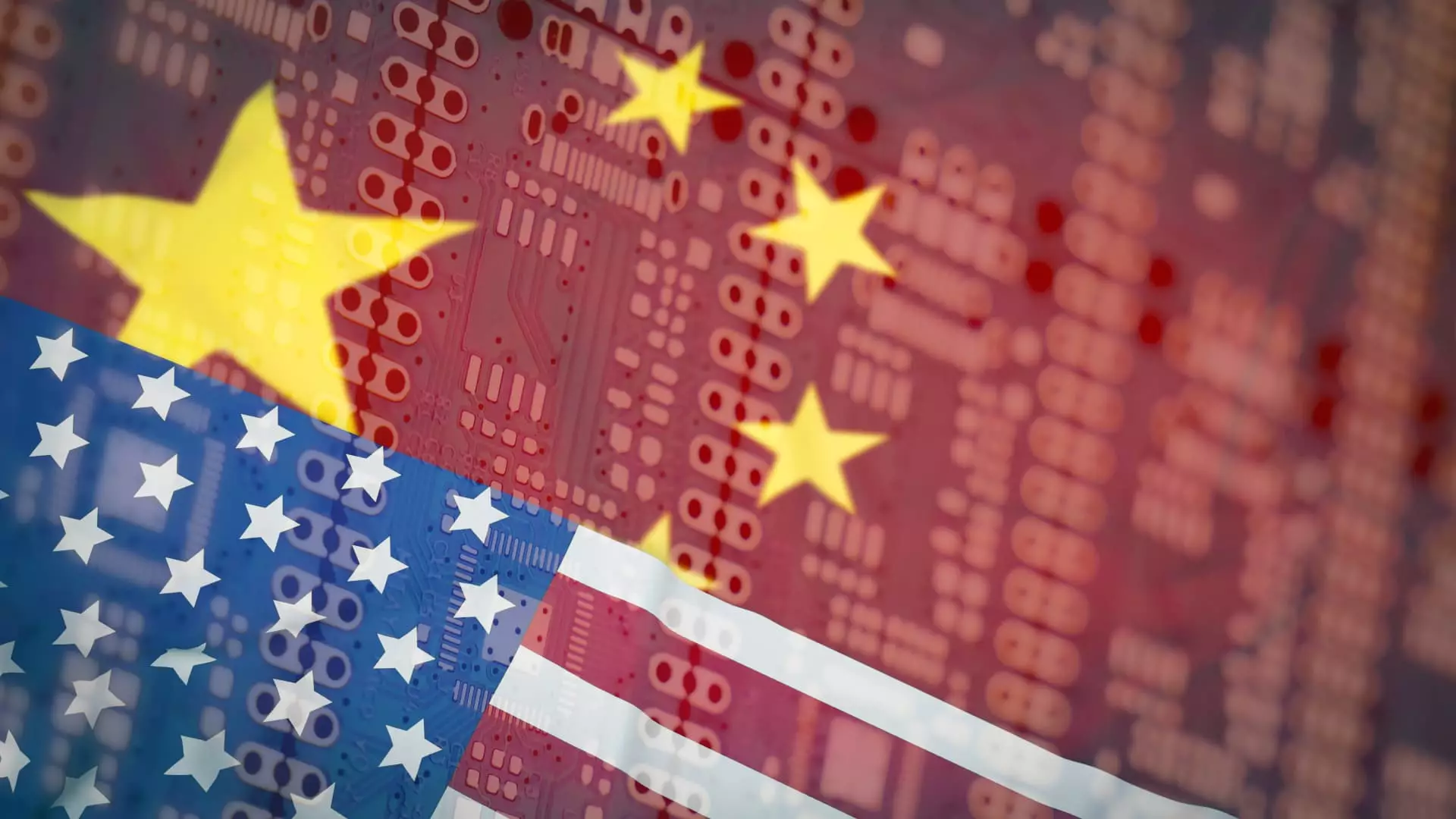The landscape of generative artificial intelligence has seen a significant shift in recent years, with Chinese tech giants making strides in developing their own AI models to compete with the likes of OpenAI, Google, and Meta. While the spotlight has often been on big U.S. companies in this field, companies such as Alibaba, Tencent, Baidu, Huawei, and ByteDance have been actively pursuing innovations in generative AI. This article delves into the developments from Chinese tech firms and their foray into the competitive world of AI technology.
Baidu, known as one of China’s biggest internet companies, has been at the forefront of developing generative AI applications. The company’s AI model powers Ernie Bot, an AI chatbot that competes with OpenAI’s ChatGPT and boasts a user base of 300 million users. The latest iteration, Ernie 4.0, is said to rival OpenAI’s GPT-4 in terms of capabilities. Baidu’s approach involves offering its AI model through its cloud computing division, allowing businesses to leverage its technology for various applications.
Alibaba, another tech giant in China, has introduced its set of foundational models under the name Tongyi Qianwen, or Qwen for short. These models cater to different tasks, such as content creation, math problem-solving, and audio-to-text conversion. Some versions of Alibaba’s Qwen models are open-sourced, enabling developers to access and utilize them with certain restrictions. With over 90,000 enterprise users deploying its models, Alibaba has made significant strides in the AI landscape.
Tencent, a major player in China with its messaging app WeChat, has developed its own foundational model called Hunyuan. This model boasts strong Chinese language processing abilities and advanced logical reasoning, catering to industries ranging from gaming to e-commerce. Tencent has positioned Hunyuan as a versatile AI model that can support functions like image creation and text recognition. The company’s cloud computing business offers access to Hunyuan’s capabilities for businesses looking to leverage AI technology.
Huawei, known for its presence in various industries, has taken a targeted approach with its Pangu AI models. These models are designed for specific sectors like government, finance, manufacturing, mining, and meteorology, offering tailored solutions to industry-specific challenges. One standout example is Huawei’s Pangu Meteorology Model, which can predict the trajectory of a typhoon in just seconds, a significant improvement over traditional forecasting methods. These models, available through Huawei’s cloud computing division, also offer generative features such as code generation and virtual avatar creation.
ByteDance, the parent company of popular app TikTok, entered the AI race with its Doubao model, showcasing capabilities like voice generation and code generation at a competitive price point. Despite being a late entrant compared to its counterparts, ByteDance has positioned itself as a formidable player in the generative AI space, attracting developers with its cost-effective solution.
The emergence of Chinese tech giants in the generative AI landscape signifies a new chapter in the global tech race. With companies like Baidu, Alibaba, Tencent, Huawei, and ByteDance showcasing their AI models and capabilities, the competition in the AI industry is heating up. As China aims to establish itself as a leader in AI technology, the developments from these tech giants highlight the innovation and progress in the field of generative artificial intelligence.


Leave a Reply